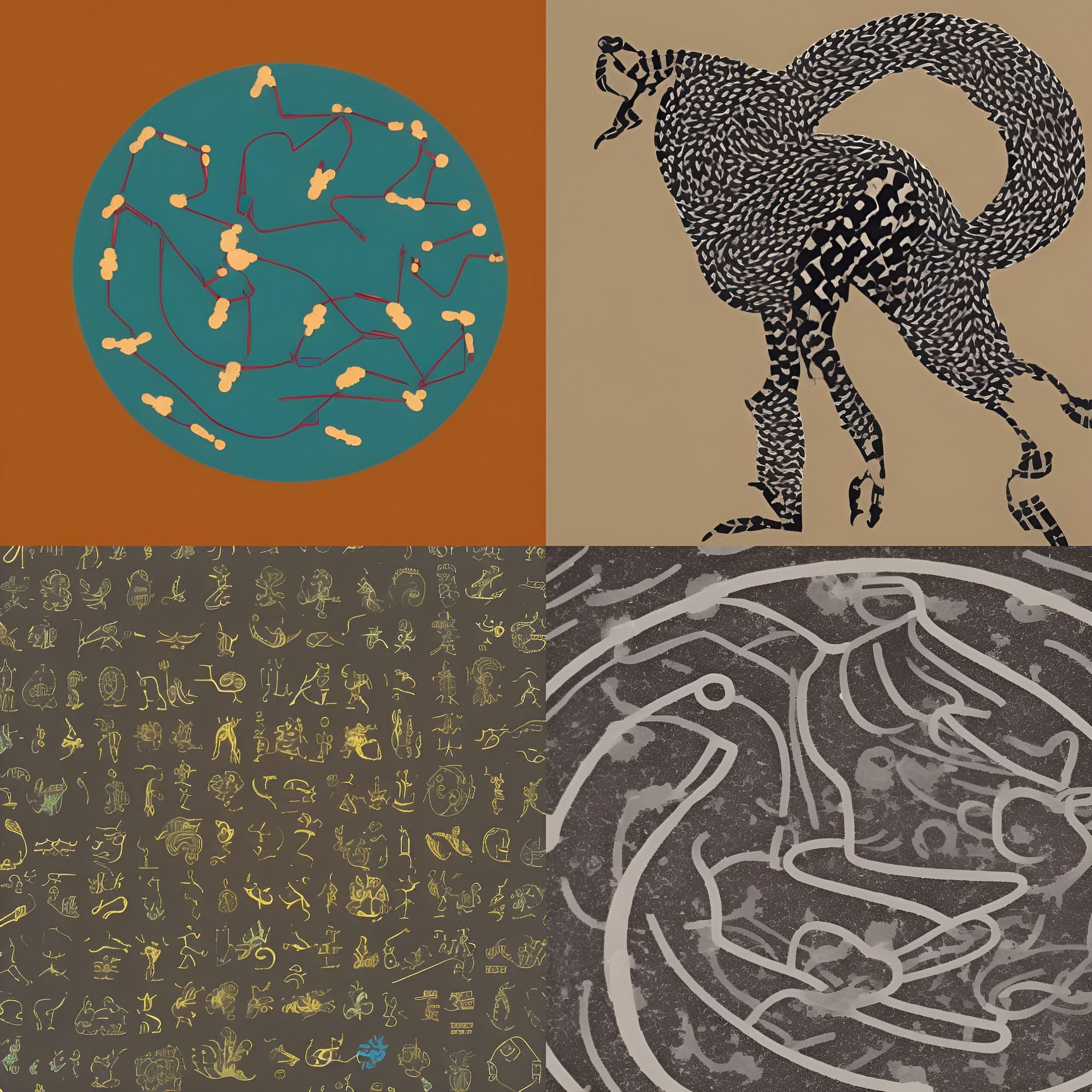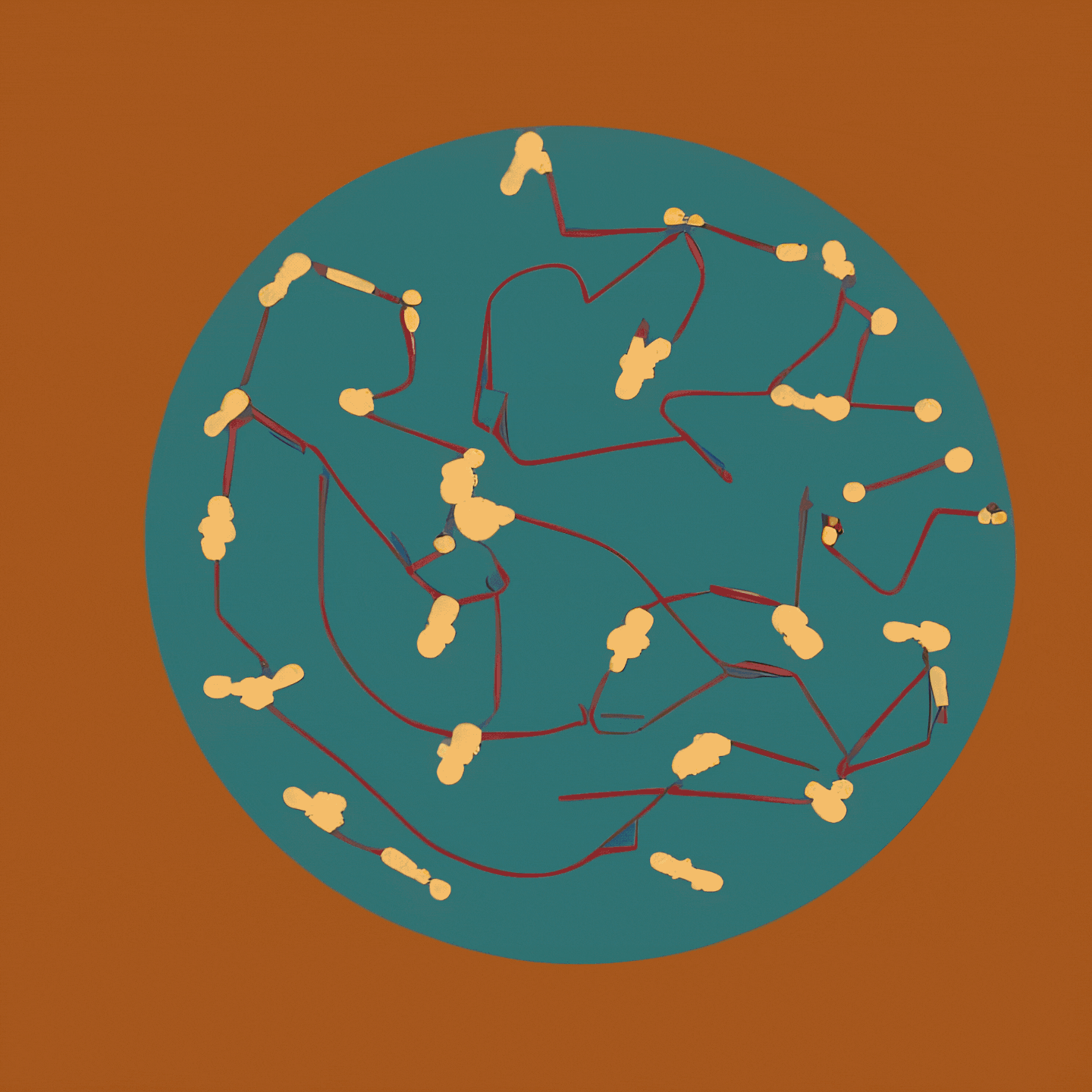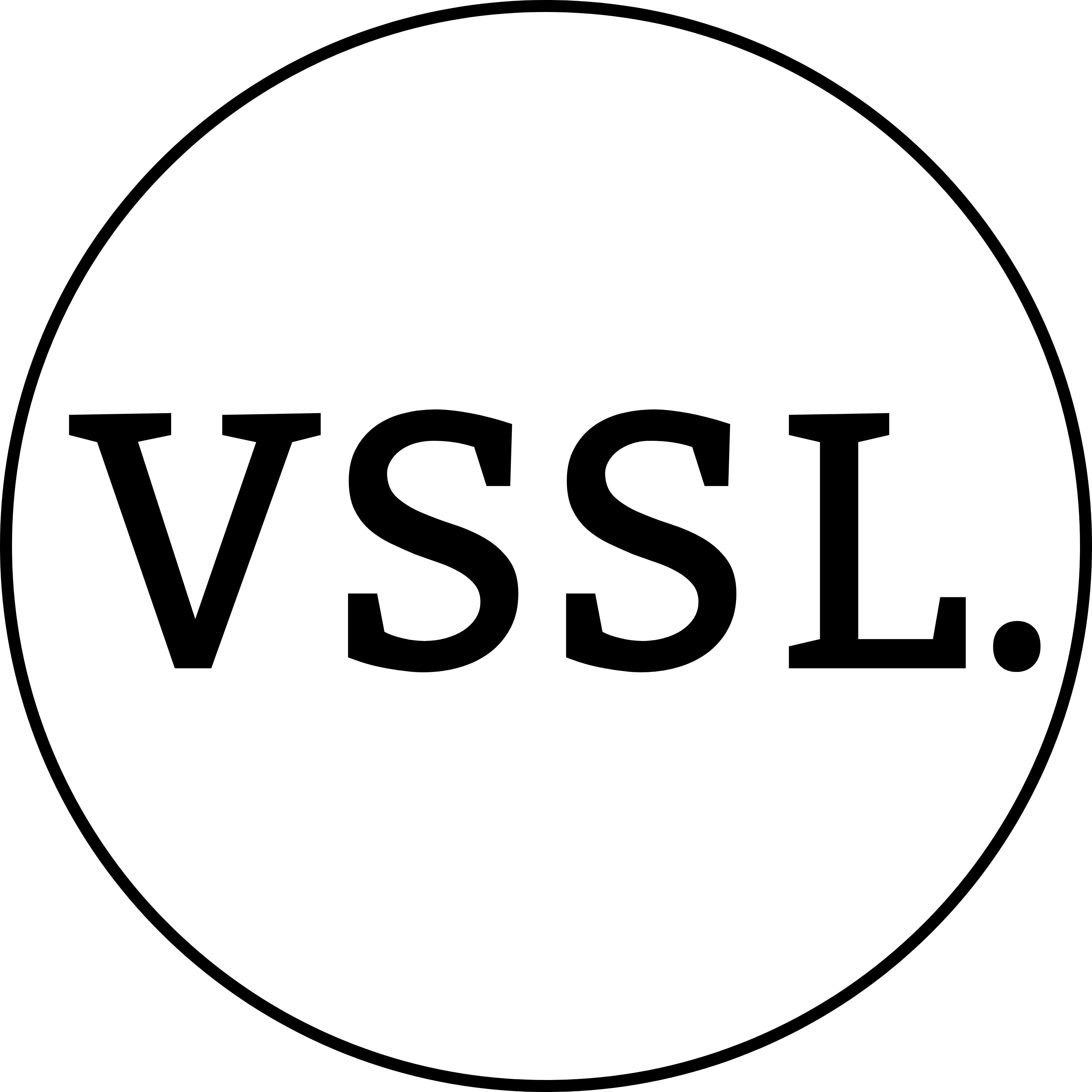On Memory and Healing Our Ancient Selves

Memories, including ancient memories of shared and individual pasts, can be encrypted in various forms.
"At each sacred location along these paths, elders would sing, dance or tell a story, all making the information associated with the location more memorable."

Note: At one point, this article above references the term "Chinese whispers effect." We strongly disagree with the use of this phrase, which has its origin in "a sinophobic idea from the 1800s that Chinese people spoke in a way that was deliberately unintelligible" (Cheung, 2021). However, the rest of the article is informative.
Epigenetics encode trauma and ancestral experiences into our genetic inheritance.
"Once again, the science is new, but it suggests that even if you start out with shorter-than-normal telomeres, you can still slow decline by increasing your telomerase with things like meditation and exercise."
—Nadine Burke Harris, The Deepest Well: Healing the Long-Term Effects of Childhood Adversity
—Bessel A. van der Kolk, The Body Keeps the Score

Music, movement, art and other practices help us release, transform, and reencode memories. The music form is unique in its ability to work on different levels at once, including our physical bodies and brain waves.
Connecting intergenerational trauma ⟶ ancestral memory ⟶ body movement arts ⟶ holistic healing:
- Trauma can create portals and blockages.
- Other ways of knowing enrich our understanding of the world.
- Elders are a source of untapped knowledge and stories.
In my practice I begin the process by helping my patients to first notice and then describe the feelings in their bodies—not emotions such as anger or anxiety or fear but the physical sensations beneath the emotions: pressure, heat, muscular tension, tingling, caving in, feeling hollow, and so on. I also work on identifying the sensations associated with relaxation or pleasure. I help them become aware of their breath, their gestures and movements.
All too often, however, drugs such as Abilify, Zyprexa, and Seroquel, are prescribed instead of teaching people the skills to deal with such distressing physical reactions. Of course, medications only blunt sensations and do nothing to resolve them or transform them from toxic agents into allies.
The mind needs to be reeducated to feel physical sensations, and the body needs to be helped to tolerate and enjoy the comforts of touch. Individuals who lack emotional awareness are able, with practice, to connect their physical sensations to psychological events. Then they can slowly reconnect with themselves."
—Bessel A. van der Kolk, The Body Keeps the Score
Activate those memories and connect with your past selves and true self.
Click to read a quote from Brian Weiss on freedom and love.
"One of the most important of life's lessons is to learn independence, to understand freedom. This means independence from attachments, from results, from opinions, and from expectations. Breaking attachments leads to freedom, but breaking attachments does not mean abandoning a loving and meaningful relationship, a relationship that nourishes your soul. It means ending dependency on any person or thing. Love is never a dependency."
—Brian Weiss, Messages from the Masters
When we ignore these quintessential dimensions of humanity, we deprive people of ways to heal from trauma and restore their autonomy. Being a patient, rather than a participant in one’s healing process, separates suffering people from their community and alienates them from an inner sense of self."
—Bessel A. van der Kolk, The Body Keeps the Score


